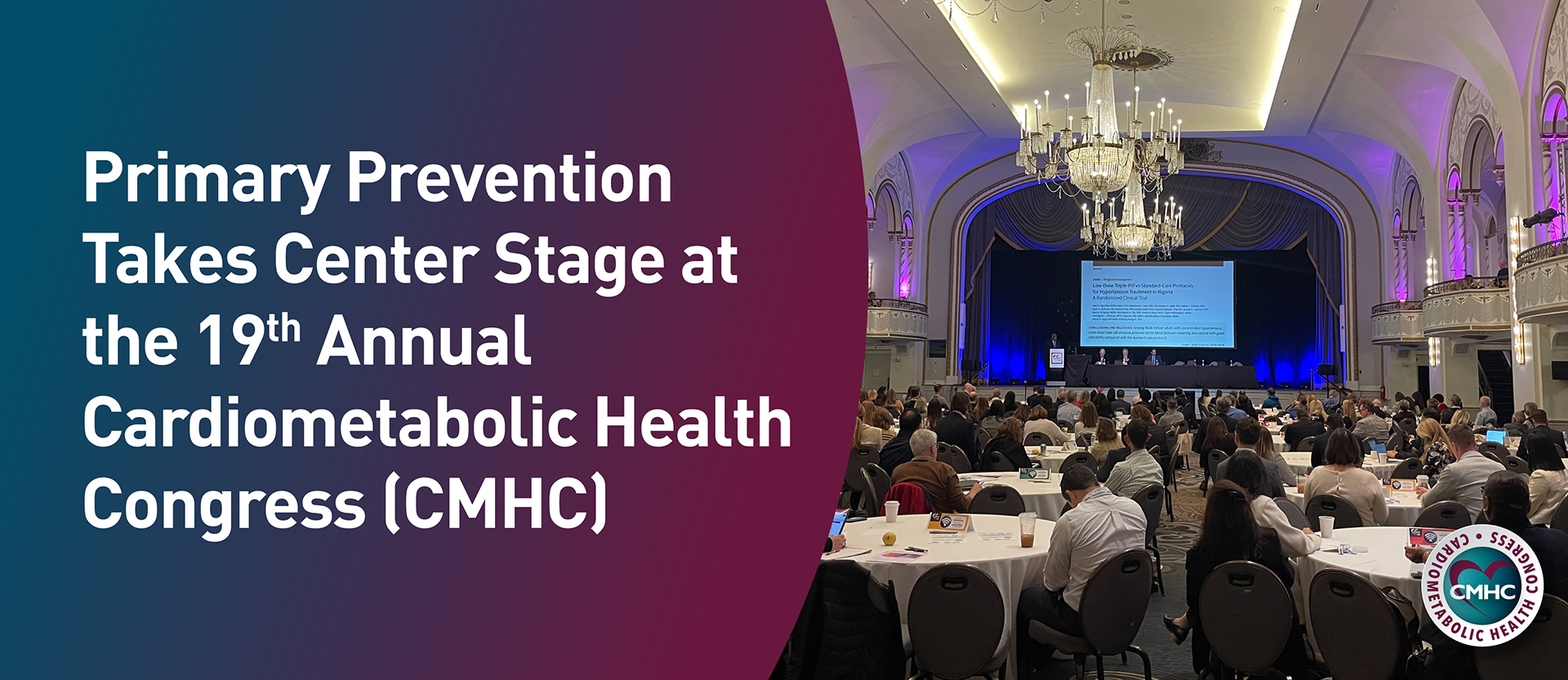New research published in the May 17 issue of the Journal of the American College of Cardiology indicates that roughly a third of all global deaths are the result of heart disease and stroke: cardiovascular disease is currently the number one killer around the world.
Gregory Roth, the study’s lead author and assistant professor of cardiology at the University of Washington School of Medicine, notes that the statistics present “an alarming threat to global health…trends in cardiovascular disease mortality are no longer declining for high-income regions, and low- and middle-income countries are also seeing more cardiovascular disease related deaths.”
The accumulation of research assessed current international rates of a variety of types of heart disease, including stroke, coronary heart disease, atrial fibrillation, and peripheral arterial disease. The highest rates of disease were in countries across sub-Saharan Africa, Centrla Asia, and eastern and central Europe. The lowest incidence of heart disease was found in wealthy Asian nations, including Singapore, Japan, and South Korea.
Nevertheless, approximately 18 million people across the globe died from heart disease in 2015; researchers stated that over 400 million men and women have a kind of cardiovascular illness. High levels of cardiovascular disease are seen both in high-income countries, and in regions with more limited access to effective, inexpensive treatments.
Dr. Roth notes that the risk factors for heart disease—high blood pressure, poor diet and high cholesterol, excessive smoking and drinking, and obesity—are common throughout the world. “Now we need to find innovative ways to deliver our low-cost, effective treatments to the hundreds of millions of people who can’t access them.”
These findings should present opportunities for public health officials across local, national, and international levels to collaborate and share strategies on how to address the aforementioned risk factors.


















